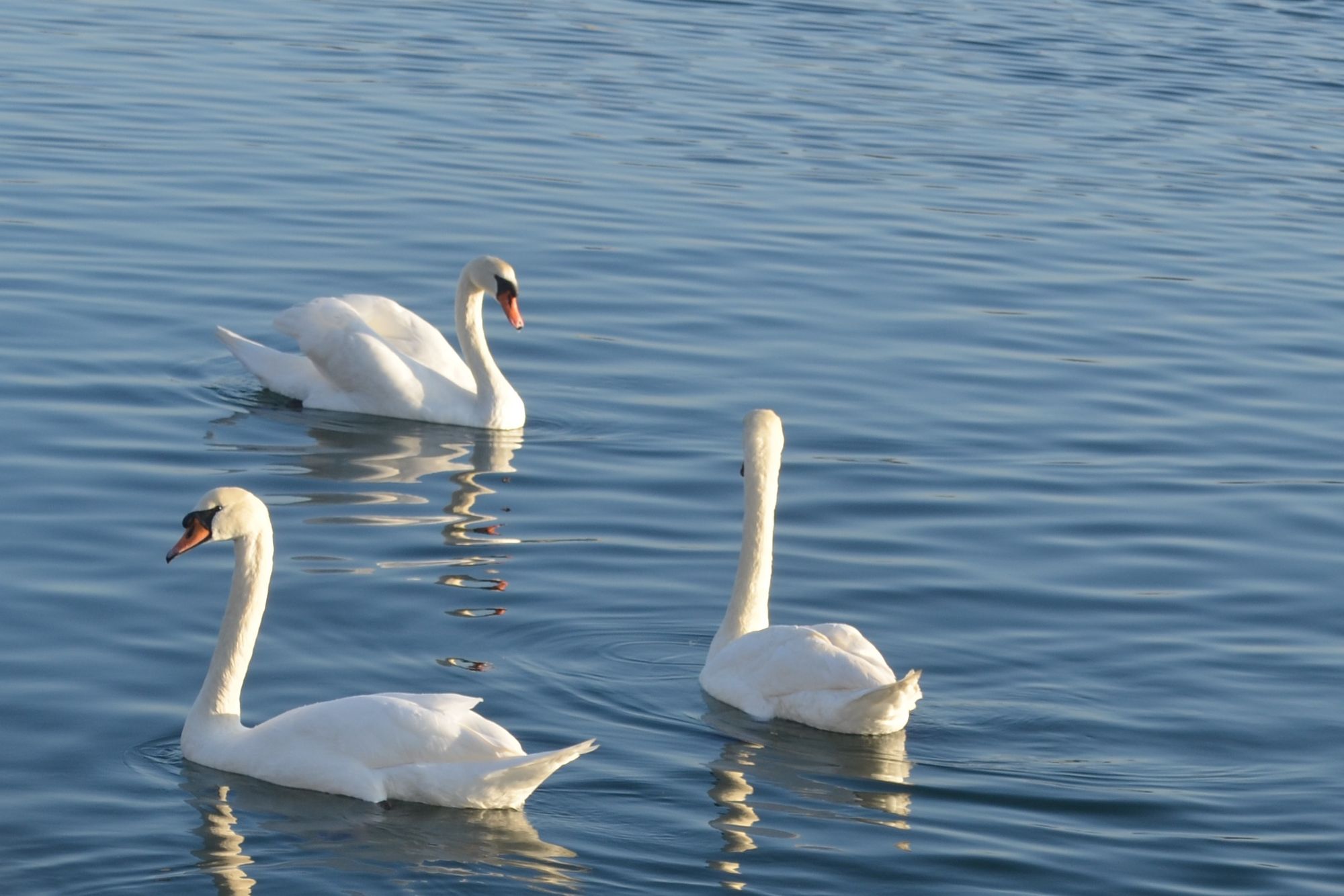Cymbrowitz Bill To Save Sheepshead Bay Swans Passes Assembly, Again

Assemblyman Steven Cymbrowitz announced his third attempt at legislation to protect Sheepshead Bay’s swans from eradication passed the Assembly last week.
Cymbrowitz has doggedly tried to place a moratorium on the state’s plan to cull New York’s mute swan population — which the Department of Environmental Conservation (DEC) targeted for extermination in 2013. Governor Andrew Cuomo has twice vetoed legislation that would halt the DEC’s effort to eliminate the swans, which the agency says are an invasive species that threaten local ecosystems.
Cymbrowitz is banking that his third try will do the trick. He urged the Senate to immediately pass a similar bill sponsored by Senator Tony Avella so that it can go to the governor.
“With less than six weeks of session remaining, the Senate needs to act now to pass this legislation,” Cymbrowitz said in a press release. “We’ve done what we promised all along to do and the burden is now on the Senate to help save the swans.”
Cymbrowitz noted the Senate bill hasn’t made it out of the Environmental Conservation Committee since it was sent there at the beginning of February.
Cymbrowitz’s bill, like the previous ones, would establish a two-year moratorium on the DEC’s plan to manage the mute swan population, which were introduced to North America from Europe in the 1800s. It also requires the agency favor non-lethal management techniques and provide stronger evidence that the swans endanger ecosystems.
Critics argue the state used weak and faulty science to determine the swans are hazardous to native wildlife.
The DEC did respond to pressure from lawmakers and conservationists concerns by releasing a revised plan last year that allows downstate municipalities like Sheepshead Bay to come up with their own methods to limit the birds’ population. However, Cymbrowitz argued the revision unreasonably burdened cash-strapped neighborhoods in order to “justify killing the birds when localities fall short.”




